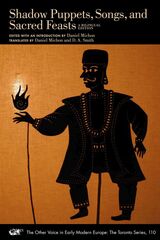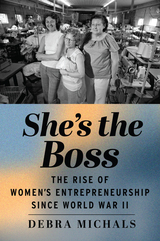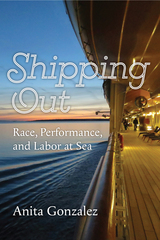8 start with A start with A

Many people in developing countries lack access to health technologies, even basic ones. Why do these problems in access persist? What can be done to improve access to good health technologies, especially for poor people in poor countries?
This book answers those questions by developing a comprehensive analytical framework for access and examining six case studies to explain why some health technologies achieved more access than others. The technologies include praziquantel (for the treatment of schistosomiasis), hepatitis B vaccine, malaria rapid diagnostic tests, vaccine vial monitors for temperature exposure, the Norplant implant contraceptive, and female condoms.
Based on research studies commissioned by the Bill & Melinda Gates Foundation to better understand the development, adoption, and uptake of health technologies in poor countries, the book concludes with specific lessons on strategies to improve access. These lessons will be of keen interest to students of health and development, public health professionals, and health technology developers—all who seek to improve access to health technologies in poor countries.
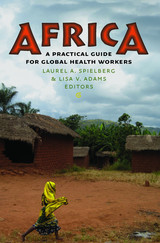
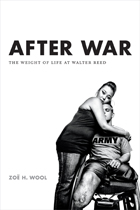
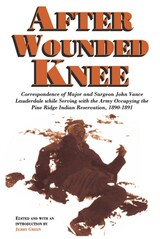
The Wounded Knee Massacre of December 29, 1890, known to U.S. military historians as the last battle in "the Indian Wars," was in reality another tragic event in a larger pattern of conquest, destruction, killing, and broken promises that continue to this day.
On a cold winter's morning more than a century ago, the U.S. Seventh Cavalry attacked and killed more than 260 Lakota men, women, and children at Wounded Knee Creek in South Dakota. In the aftermath, the broken, twisted bodies of the Lakota people were soon covered by a blanket of snow, as a blizzard swept through the countryside. A few days later, veteran army surgeon John Vance Lauderdale arrived for duty at the nearby Pine Ridge Indian Reservation. Shocked by what he encountered, he wrote numerous letters to his closest family members detailing the events, aftermath, and daily life on the Reservation under military occupation. He also treated the wounded, both Cavalry soldiers and Lakota civilians. What distinguishes After Wounded Knee from the large body of literature already available on the massacre is Lauderdale's frank appraisals of military life and a personal observation of the tragedy, untainted by self-serving reminiscence or embellished newspaper and political reports. His sense of frustration and outrage toward the military command, especially concerning the tactics used against the Lakota, is vividly apparent in this intimate view of Lauderdale's life. His correspondence provides new insight into a familiar subject and was written at the height of the cultural struggle between the U.S. and Lakota people. Jerry Green's careful editing of this substantial collection, part of the John Vance Lauderdale Papers in the Western Americana Collection in Yale University's Beinecke Library, clarifies Lauderdale's experiences at the Pine Ridge Indian Reservation.
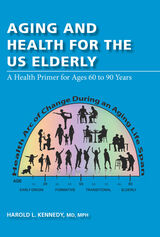
In this short, easy-to-read book designed as a concise but effective healthcare guide, Dr. Harold Kennedy, with more than 60 years of experience practicing medicine, guides readers through the healthcare maze faced by many seniors. While the information in this book is not intended to diagnose or treat ailments, it will give readers a valuable foundation of health literacy, crucial in making good decisions regarding their health and medical care services, and that of their loved ones.
Written expressly to help persons aged 60 years and older, Aging and Health for the US Elderly: A Health Primer for Ages 60 to 90 is essential reading for all older Americans. Chapter topics include health risk factors; social determinants of disease; best practices; and up-to-date prevention, surveillance, and wellness, with special chapters tailored specifically for women and for men. Coverage also includes an overview of the U.S. health care system, both its history and the current state of affairs. Scientific validity of the evidence is provided by more than 180 references.
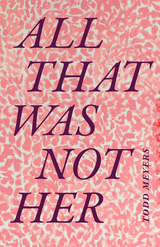
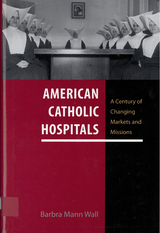
In American Catholic Hospitals, Barbra Mann Wall chronicles changes in Catholic hospitals during the twentieth century, many of which are emblematic of trends in the American healthcare system.
Wall explores the Church's struggle to safeguard its religious values. As hospital leaders reacted to increased political, economic, and societal secularization, they extended their religious principles in the areas of universal health care and adherence to the Ethical and Religious Values in Catholic Hospitals, leading to tensions between the Church, government, and society. The book also examines the power of women--as administrators, Catholic sisters wielded significant authority--as well as the gender disparity in these institutions which came to be run, for the most part, by men. Wall also situates these critical transformations within the context of the changing Church policy during the 1960s. She undertakes unprecedented analyses of the gendered politics of post-Second Vatican Council Catholic hospitals, as well as the effect of social movements on the practice of medicine.

The volume begins with a discussion of the risks and merits of 401(k) plans. Subsequent chapters present recent analysis of the growth of Medicare costs; the different aspects of disability; and the evolution of health, wealth, and living arrangements over the life course. Keeping with the global tradition of previous volumes, Analyses in the Economics of Aging also includes comparative studies on savings behavior in Italy, the Netherlands, and the United States; an examination of household savings among different age groups in Germany; and a chapter devoted to population aging and the plight of widows in India.
Carefully compiled and containing some of the most cutting-edge research and analysis available, this volume should be of interest to any specialist or policymaker concerned with ongoing changes in savings and retirement behaviors.
READERS
Browse our collection.
PUBLISHERS
See BiblioVault's publisher services.
STUDENT SERVICES
Files for college accessibility offices.
UChicago Accessibility Resources
home | accessibility | search | about | contact us
BiblioVault ® 2001 - 2025
The University of Chicago Press



